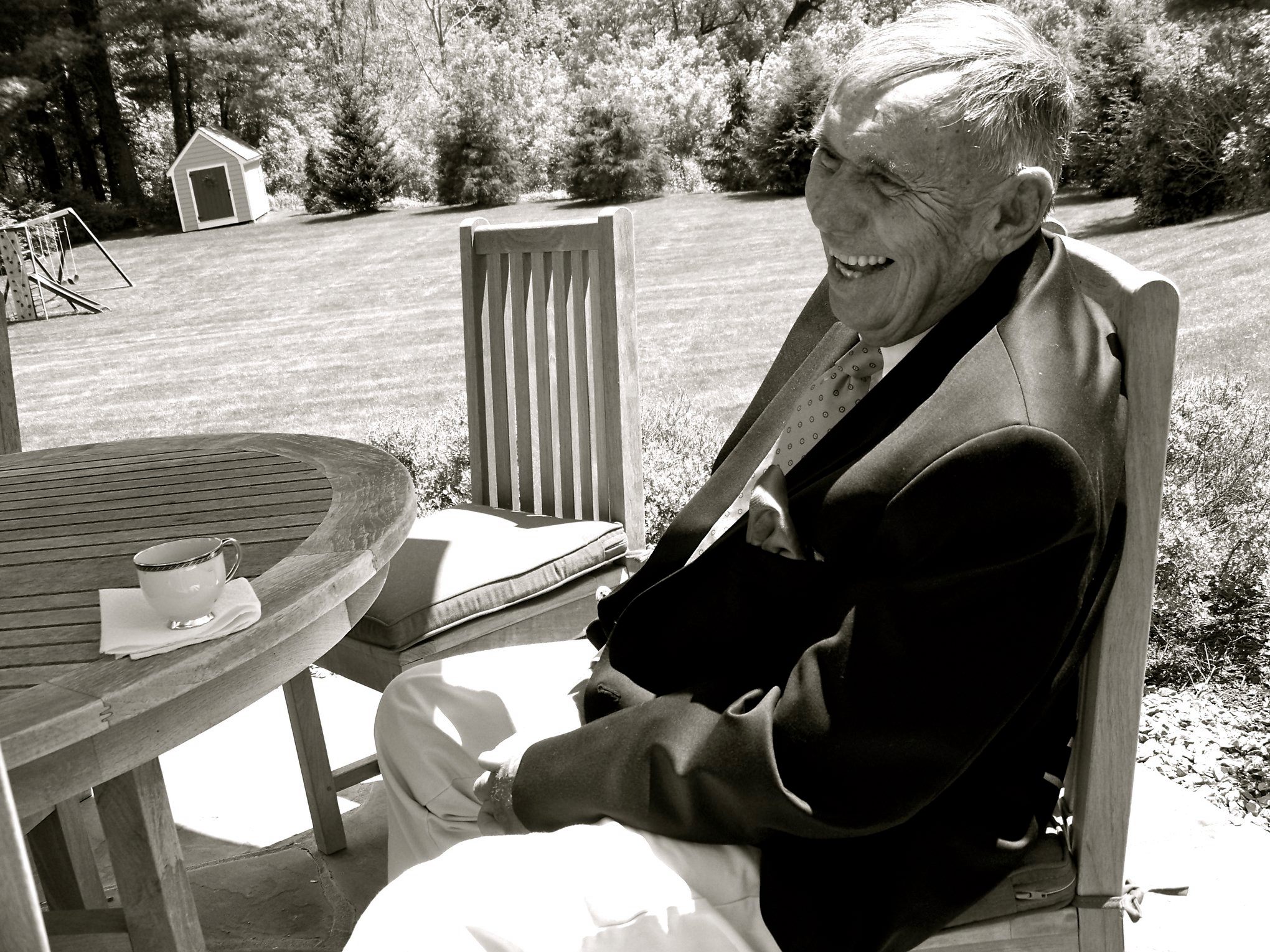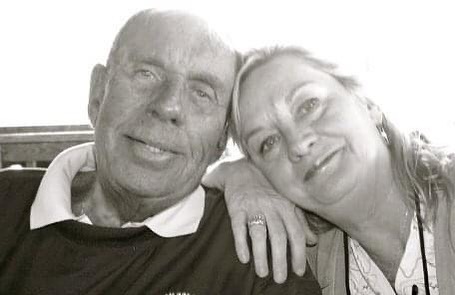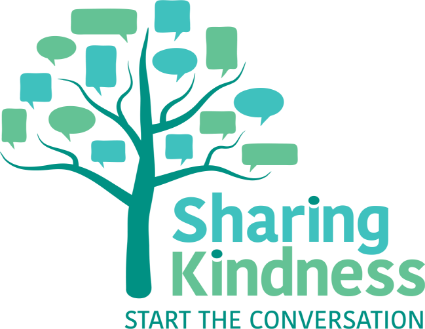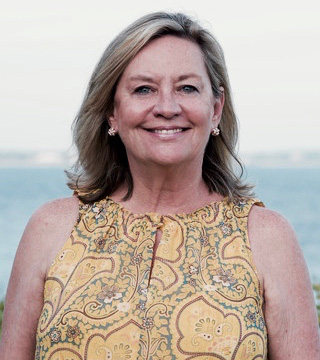Father’s Day Grief: Navigating Life after Loss and Listening to My Inner Child

By Kathleen Shine-O’Brien
This year marks the first time in 65 years my father, lovingly known as Papa, is not here to be celebrated on Father’s Day. He died unexpectedly in December at 90 ½ years old. His peaceful, pre-COVID death allowed him to be tended to by those he loved the most. As he drew his final breaths, I opened the window to allow for his soul’s gentle entrance to the universe. Moments later, my life irrevocably changed.
This was not my first experience with death and each time it is different, yet weirdly similar. Still, I was stunned by the uncomfortable rawness of emotion and the powerlessness to shield myself from intense vulnerability.
In my work as a grief therapist, I have learned (over and over) that our culture is not well-equipped to handle death or grief. Grief can be messy and isolating. Sometimes we feel abandoned by those closest to us. Sometimes those closest to us rush in to rescue us from our sadness (which they can’t do) and offer words of encouragement and hope. Anyone who has experienced grief can spout off “10 things grievers never want to hear, but will.” Like most grief clichés, these statements benefit the speaker more than the bereaved.
When I work with children who have had a parent die, I listen carefully to their questions:
Who will take care of me?
Why did this happen to my dad/mom?
I’m not hungry and I can’t sleep.
I don’t think I want to play baseball anymore.
Do I have to go to Jack’s birthday party?
And the biggest question of all, When will I get over this? I just want things to go back to normal. That’s generally when the tears — or as I call it, “liquid love” — flow.
 In a time when nothing feels predictable or makes any sense, my role is to be by the sides of grieving children, in a safe space, helping them process their emotions and allowing them to freely express those feelings (even when it feels like a volcano is erupting inside!) in order to help them regain some control. The challenge we share is figuring out how to navigate this road we never asked to be on, as I encourage the children to talk about their grief. Sometimes I begin with sentence starters: “Because of grief I….” or “Since my dad died….” I ask the children to wonder what it would be like to experience their memories through their senses and draw or write about their ideas. The awareness they have and their willingness to share is immeasurable.
In a time when nothing feels predictable or makes any sense, my role is to be by the sides of grieving children, in a safe space, helping them process their emotions and allowing them to freely express those feelings (even when it feels like a volcano is erupting inside!) in order to help them regain some control. The challenge we share is figuring out how to navigate this road we never asked to be on, as I encourage the children to talk about their grief. Sometimes I begin with sentence starters: “Because of grief I….” or “Since my dad died….” I ask the children to wonder what it would be like to experience their memories through their senses and draw or write about their ideas. The awareness they have and their willingness to share is immeasurable.
On a rainy night in late December, feeling untethered from the world and unshielded against the darkness of loss, I asked myself the same questions I pose to the children. Because of grief, I am more aware of the importance of being in the moment and appreciating the gifts of kindness. Since Papa died, I am reminded of how he shepherded us, and despite (or perhaps because of) his own experiences and tragedies he practiced Agape love—the highest form of love and charity—throughout his life.
Memories of Papa smell like Old Spice aftershave and look like Minot’s Light, flashing its 1-4-3 beacon. They taste like a lobster roll (chunky with light mayo) and sound like ocean waves crashing on the shore. Memories feel light and heavy, uplifting and moving, hilarious and serious. My little ones and I still have much to learn and much to share. But we know this to be quote to be true: “Grief is the last act of love we have to give to those we loved. Where there is deep grief, there was great love.” (Author unknown)
ABOUT THE AUTHOR
Kathleen Shine-O'Brien, LMHC, is the lead clinician for Sharing Kindness, who also has a private practice specializing in grief counseling. In her work with our nonprofit, Kathleen facilitates peer support groups and co-facilitates movement and journaling workshops for grieving families. Our programs reflect Kathleen’s training in The Dougy Center Model, an internationally recognized peer grief support program.


